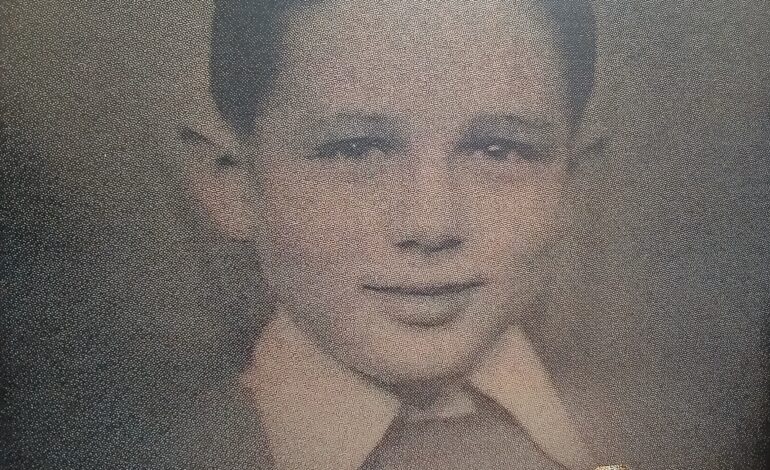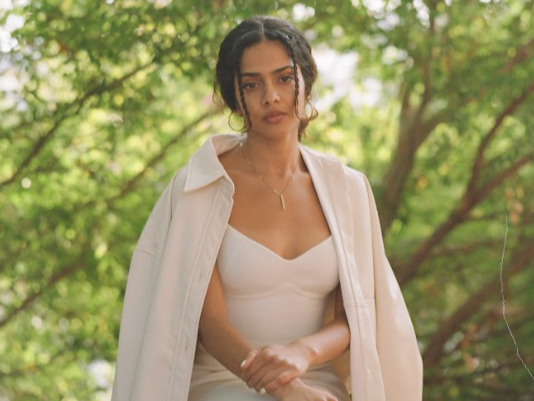What’s the first song you ever wrote—and do you still remember how it goes?
The earliest song that I can remember writing was a song called “Slip away”, that I wrote when I was in my mid teens. I remember the chorus was “Please don’t let it slip away, please don’t let it slip away, please don’t let it slip away… like all the others” … It may have been a co-write with a friend. The first band I was in was called Catalpa Blooms and we mostly wrote our own material. I believe I entered Slip Away into some songwriting competition.
Was there a specific album growing up that made you say, “This is what I want to do”?
There were many albums that I went through phases of obsessions with when I was growing up … Pink Floyd’s “The Wall” and “Dark Side of the Moon” albums. Jeff Buckley’s “Grace”, Steve Vai’s “Passion and Warfare” and Damien Rice’s “O” were all big inspirations for me… then I got into Dylan and went deep into his back catalogue. But where I really made the decision that music was what I wanted to do was in watching my old mentor Vinny Baker play guitar in a band called Undercover. He was a friend of my Dad’s and he turned me onto lots of great musician’s when I was coming up. I would sneak into bars at 15 years old to watch him play. He was an incredible player and it just blew my mind. That was the only path I wanted to follow. He passed away sadly over a decade ago now. I am lucky to have one of his old guitars in my collection now. It means the world to me.
If All the World is Running on a Mystic Code were a film genre, what would it be?
Experimental Indie Fantasy
You’ve worked with some incredible musicians—who’s still on your collaboration bucket list?
I think I’d enjoy working with American songwriter-producer Joe Henry. He’s someone that I respect a lot.
What’s your ideal songwriting setting: candlelit room, forest walk, or late-night kitchen table?
Late night kitchen table please.
What’s one lyric on the album that means more to you than people might realise?
“I try to ask for nothing but, Hey Universe I’m asking now” from Clockwork. For a while I considered calling the album “Hey Universe” …I like how that line puts the individual in direct communication with the Universe. I like the vulnerability of asking for help in that moment and admitting that there is some sort of bigger force than you, that just may have your best interests at heart.
You recorded this album during a very unique time in the world—how did lockdown shift your perspective on music and life?
The first batch of songs were written throughout lockdown but the album itself was recorded afterwards. First and foremost it made me thankful for my own and my family’s good health throughout the pandemic, when so many people suffered and lost their lives. After that, I suppose it highlighted just how important human connection is, and community and shared celebrations of culture. I could of course still play music at home, and keep creating, but such a big part of that process is when you get to go out and share it in public with other humans.
That aspect of things was dearly missed in those years.
If you could play one track from the album in any location in the world, where would it be and why?
Maybe “Never Say Goodbye” in Vicar Street in Dublin. It’s long been one of my favourite venues and somewhere I would just love to play a headline show there some day.
That song with the band I’ve got now in that venue would be pure magic.
What’s something fans might be surprised to learn about how this album came together?
One thing that surprised me was I played a lot of the bass guitar parts myself on a midi keyboard. The technology is so good now that you can really create organic and realistic sounding bass parts. I used a great programme called Trillian and it was a lot of fun shifting into bass playing mode on some tunes. Clockwork and Steamboat Captain both feature real fiercely talented humans playing real bass instruments though. Those ones had to be the real deal. In saying that I’m very proud of the bass groove and sound I achieved for the song Mystic Code. Also, for this record, I think my recording philosophy shifted a little bit. I always believed the studio was a place to try and capture really magical live performances. This time out I realised it can be used in a different way, with more focus on production and layering and slowly building up magical sonic soundscapes.
And finally—tea or coffee when you’re writing lyrics? Be honest.
Coffee, coffee and more coffee.


